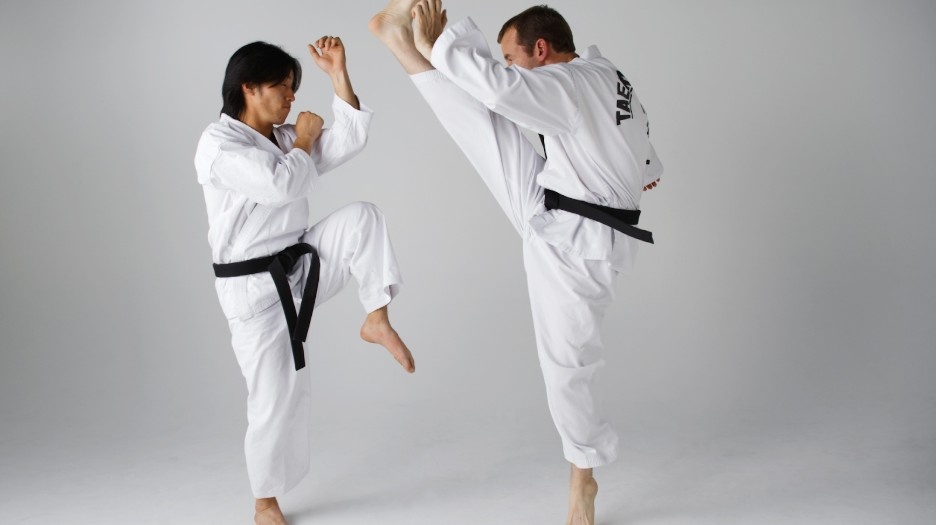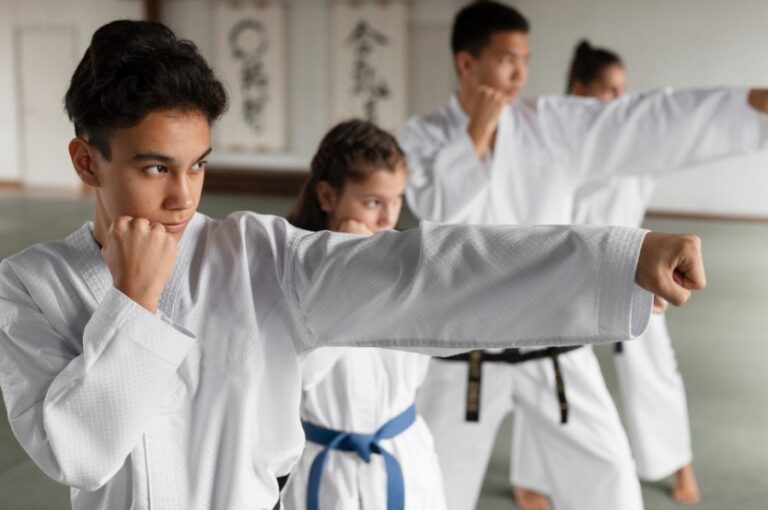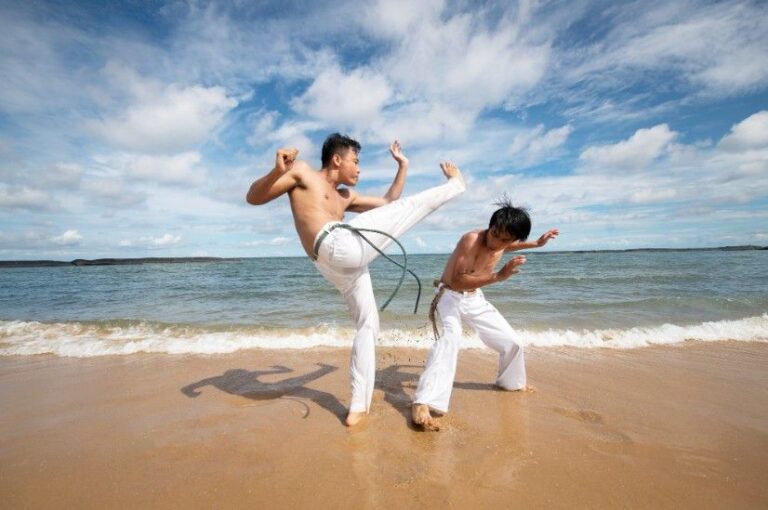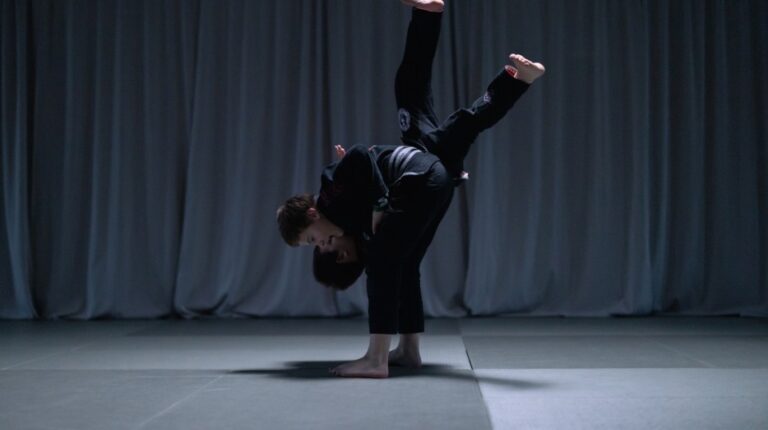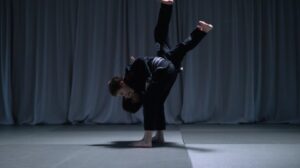I’ll be honest. When I first started Taekwondo as a teenager in Texas, I didn’t really think much about its origins.
I was more concerned with nailing that perfect high kick and earning my next belt.
But over the years, as I grew from a newbie with a white belt to a 3rd Dan black belt, I found myself reflecting more and more on the cultural roots of this martial art. So, is Taekwondo Korean?
Let’s explore the fascinating history and the deeper connections that make Taekwondo not just a sport, but a tradition rooted in Korean culture.
How Did Taekwondo Originate?
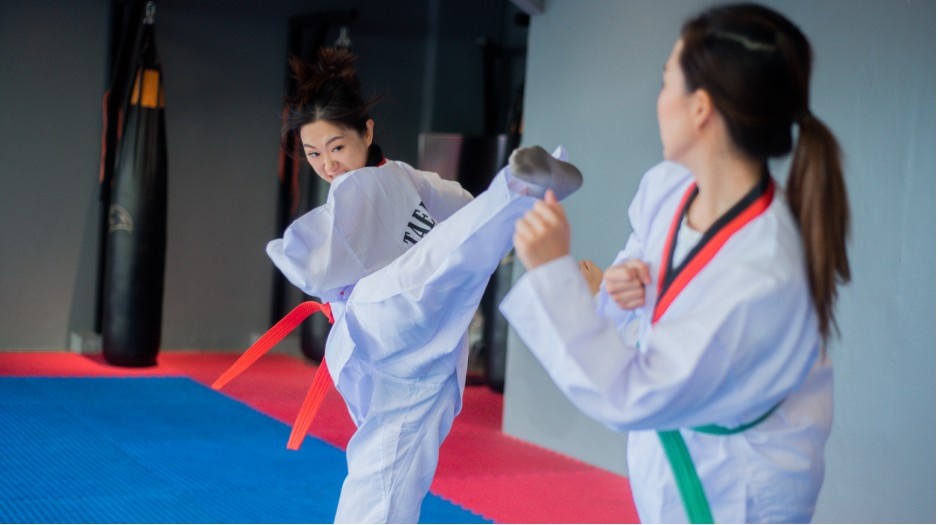
Taekwondo’s roots are undeniably Korean. The name itself, “Taekwondo,” comes from the combination of three Korean words: “Tae” (foot), “Kwon” (hand), and “Do” (way or discipline).
Together, they form the “way of the foot and hand.” This martial art emerged in Korea in the mid-20th century, influenced by traditional Korean martial arts like Taekkyeon and Hwa Rang Do, as well as international influences, including Japanese Karate.
The true foundation of Taekwondo began with the formation of the Korea Taekwondo Association in 1961.
At that time, Taekwondo began to solidify its identity and distinction from other martial arts, especially as it gained international recognition.
By 2000, Taekwondo was included in the Olympic Games, further cementing its status as a global sport.
Is Taekwondo Korean or Does It Have Other Influences?
While Taekwondo is rooted in Korea, it certainly isn’t a completely isolated martial art. Like many martial arts, Taekwondo evolved through exchanges with other martial arts disciplines, particularly Japanese Karate.
In fact, many of the striking techniques in Taekwondo are similar to those found in Karate, such as punches, taekwondo blocks, and stance movements.
However, what sets Taekwondo apart is its emphasis on high, fast kicks, and agility. These kicks are often executed with a flair that is distinctly Korean, influenced by the cultural values of speed, grace, and strength.
Over time, Taekwondo developed its unique forms (called poomsae), sparring techniques, and a structured system of rankings, all of which reflect Korean traditions.
So, while Taekwondo has international influences, the core of the martial art is Korean—its philosophies, its techniques, and its traditions all stem from Korea.
Is Taekwondo Korean in Its Philosophy?
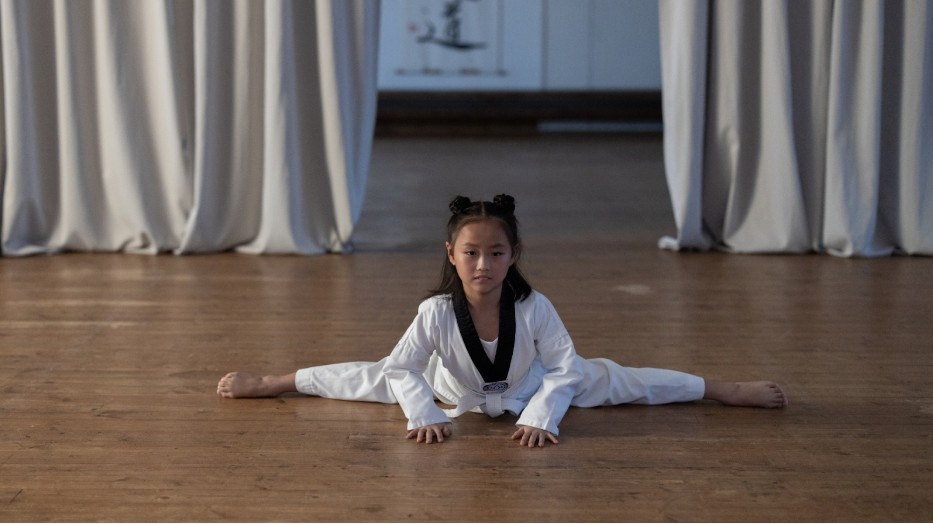
Taekwondo isn’t just about physical techniques—it’s about instilling a set of values that guide practitioners both on and off the mat.
The five tenets of Taekwondo—courtesy, integrity, perseverance, self-control, and indomitable spirit—are deeply connected to Korean culture and the teachings of Confucianism.
These principles encourage not just self-defense skills, but also personal growth, respect for others, and the development of inner strength.
As I’ve witnessed firsthand through my students, these values aren’t just about winning in a tournament; they influence how practitioners carry themselves in daily life.
Whether in school, work, or relationships, the tenets of Taekwondo have shaped the mindset of millions of people around the world.
These are traits deeply embedded in Korean culture, making Taekwondo an extension of Korea’s cultural philosophy.
How Hard Is Taekwondo?
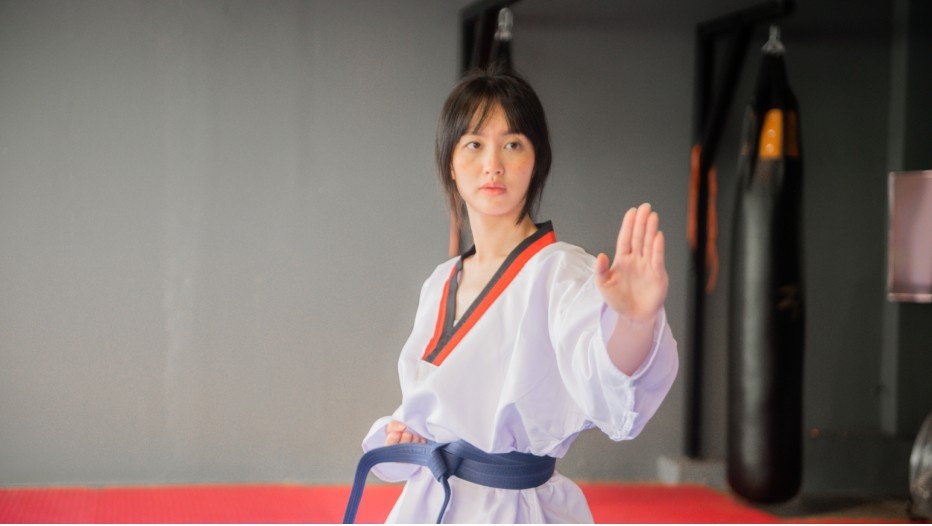
As someone who’s been through the ups and downs of Taekwondo, I can tell you that it’s no walk in the park.
The intensity of training, the precision of the techniques, and the mental discipline required can be challenging. But that’s part of what makes it so rewarding.
The physical demands of Taekwondo push you to new limits, whether it’s mastering a difficult spinning kick or building endurance through repetitive drills.
But, it’s not just about strength and speed. Taekwondo trains the mind just as much as the body. It teaches patience, focus, and resilience, making it both physically and mentally challenging.
For beginners, the learning curve can feel steep. It requires consistency, dedication, and a willingness to face failures—whether it’s a missed kick or a tough sparring match.
But as you progress, you develop a deeper understanding of the art, making each new skill feel like an accomplishment.
How to Make the Most of Taekwondo Training
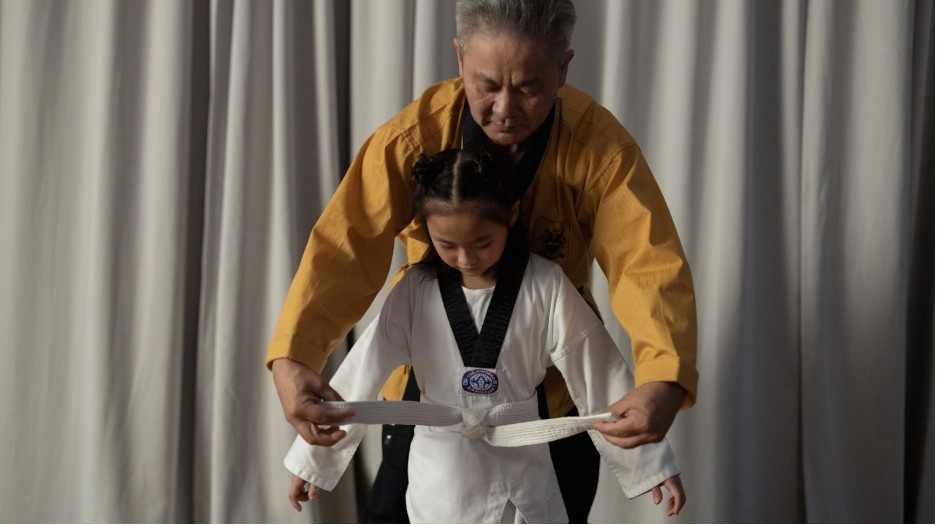
Want to get the most out of your Taekwondo experience? Here are a few tips to make sure you’re on the right path:
- Embrace the Journey: Don’t rush to the next belt. Instead, focus on improving your skills and perfecting your techniques with each class.
- Build Mental Discipline: Just as much as your body needs training, your mind does too. Meditate, focus on your breathing, and learn to control your thoughts during practice.
- Respect Your Instructor: Taekwondo is as much about respect as it is about kicking and punching. Listen to your instructor, follow their guidance, and practice with an open heart.
FAQ: Taekwondo Questions Answered
1. Is Taekwondo harder than Karate?
That’s a tough one! Both Taekwondo and Karate require intense focus and commitment.
While Taekwondo places more emphasis on kicks and footwork, Karate tends to focus more on punches and hand techniques.
Whether one is harder than the other depends on the individual’s strength and flexibility.
Personally, I think Taekwondo’s dynamic kicking techniques make it a bit more physically demanding, but both martial arts require dedication and mental toughness.
2. Can anyone start Taekwondo?
Absolutely! Taekwondo is suitable for all ages and fitness levels. Whether you’re a child looking to learn discipline or an adult seeking a new challenge, Taekwondo is a fantastic choice.
The training is progressive, meaning you can start from the basics and work your way up at your own pace.
3. What are the benefits of practicing Taekwondo?
Taekwondo is not just about self-defense; it’s about developing confidence, improving physical fitness, and learning valuable life skills.
From increased flexibility and strength to the mental clarity gained through focused practice, Taekwondo offers a holistic approach to self-improvement.
Final Scoop Before You Jump In
If you’re considering Taekwondo, just know that it’s a journey. It’s not just a sport—it’s a way of life. And yes, it’s definitely Korean at its core.
With its rich cultural history, values, and unique techniques, Taekwondo offers more than just physical training. It’s about pushing yourself to new limits, both mentally and physically.
So, if you’re ready to work hard, learn discipline, and maybe even earn that black belt, Taekwondo might just be the perfect martial art for you.
Keep training, keep growing, and most importantly—enjoy the journey!





